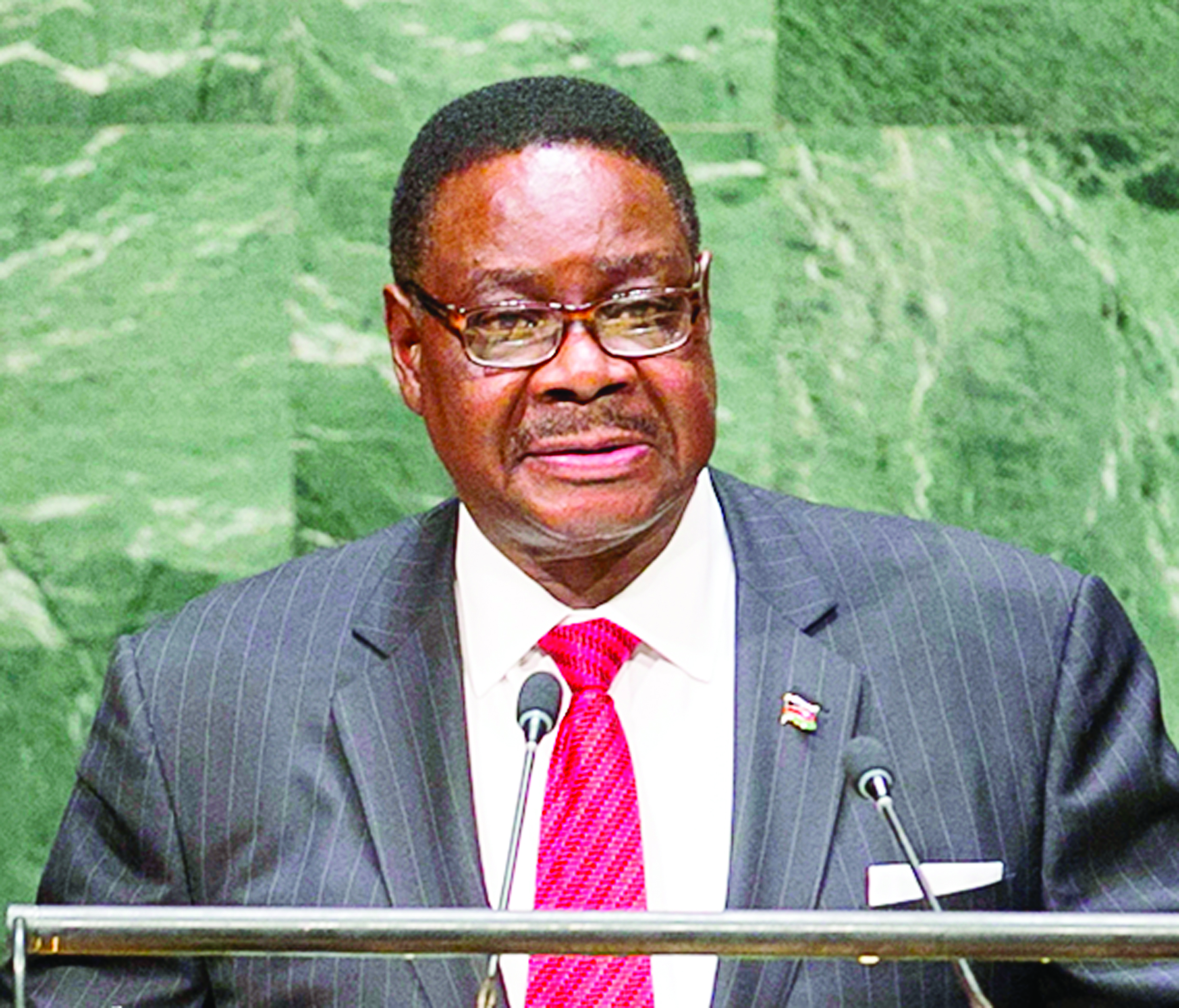
Mining
DPP aims to address bottlenecks in mining industry growth
October 08, 2025 / Wahard Betha

Mutharika: We promise to capitalize MAMICO
The Democratic Progressive Party (DPP) has promised in the party’s manifesto to do away with obstructions to the growth of the mining industry in the country.
The manifesto explains that the country’s extractive sector already has a strong policy and legal framework and what has remained is enforcement of the law.
According to the manifesto, the key impediments to the growth of the mining industry include: Inadequate mineral exploration; lack of laboratory and monitoring equipment; inadequate dissemination of information to the general public; gaps in skilled personnel at all levels as well as lack of staff establishments in districts and border posts; and inadequate capacity in contract negotiations.
Through the manifesto, Party President Peter Mutharika says if all obstructions are eradicated, the sector has the potential to hike the current contribution of 1% to Gross Domestic Product (GDP), to up to 20%.
He says: “The strength of the industry is that it has available policy and legal mandates such as Mines and Minerals Act, Mines and Mineral Policy, Petroleum Exploration Act, Explosives Act, and Artisanal and small-scale mining policy.
“Through this Manifesto, the Democratic Progressive Party government commits to: ring-fence all critical minerals under the State-owned mining company Malawi Mining Investment Company (MAMICO) and ensure that geophysical surveys shall be undertaken regularly to target mineral exploration for rare earth minerals, precious and base metals and industrial minerals.”
“We will also put in place the relevant governance and mining legal frameworks and develop the skills that can support high value minerals.”
“The minerals shall be linked to high-end local production that will be key for high-value export and import substitution like steel manufacturing.”
Mutharika also promises the use of mineral resources mapping to develop high value mines through Public Private Partnerships (PPP) arrangements to increase returns from minerals while creating more jobs for the people, including the skilled and unemployed youth.
To ensure that there is adequate energy to be used in mining, the DPP leader promises to encourage and facilitate mining companies to generate their own electricity.
He said: “We will support domestic production of equipment and materials which are used in such important areas as laboratories, factories and farms, and; formalize and regulate artisanal and small-scale mining while linking them to appropriate technologies and anchor mining firms.
“We will also facilitate both establishment of markets for minerals and value addition in some of the minerals to enable them fetch higher prices on the market.”
“We promise to capitalize the Malawi Mining Investment Company (MAMICO) to the tune of not less than K500 billion to enable it promote the optimal development of the mining sector, properly manage the Government equity stakes in various mining ventures and effectively maximize national revenue and benefits from mining for Malawi,” says Mutharika.
The Malawi 2063 identifies mining as one of the strategic sectors that have potential to support industrialization of the country’s economy.
Mining contributes a staggering one percent to Malawi’s economy despite hosting proven deposits of valuable minerals including critical minerals important for the green energy revolution such as rare earths, niobium, graphite and rutile.































